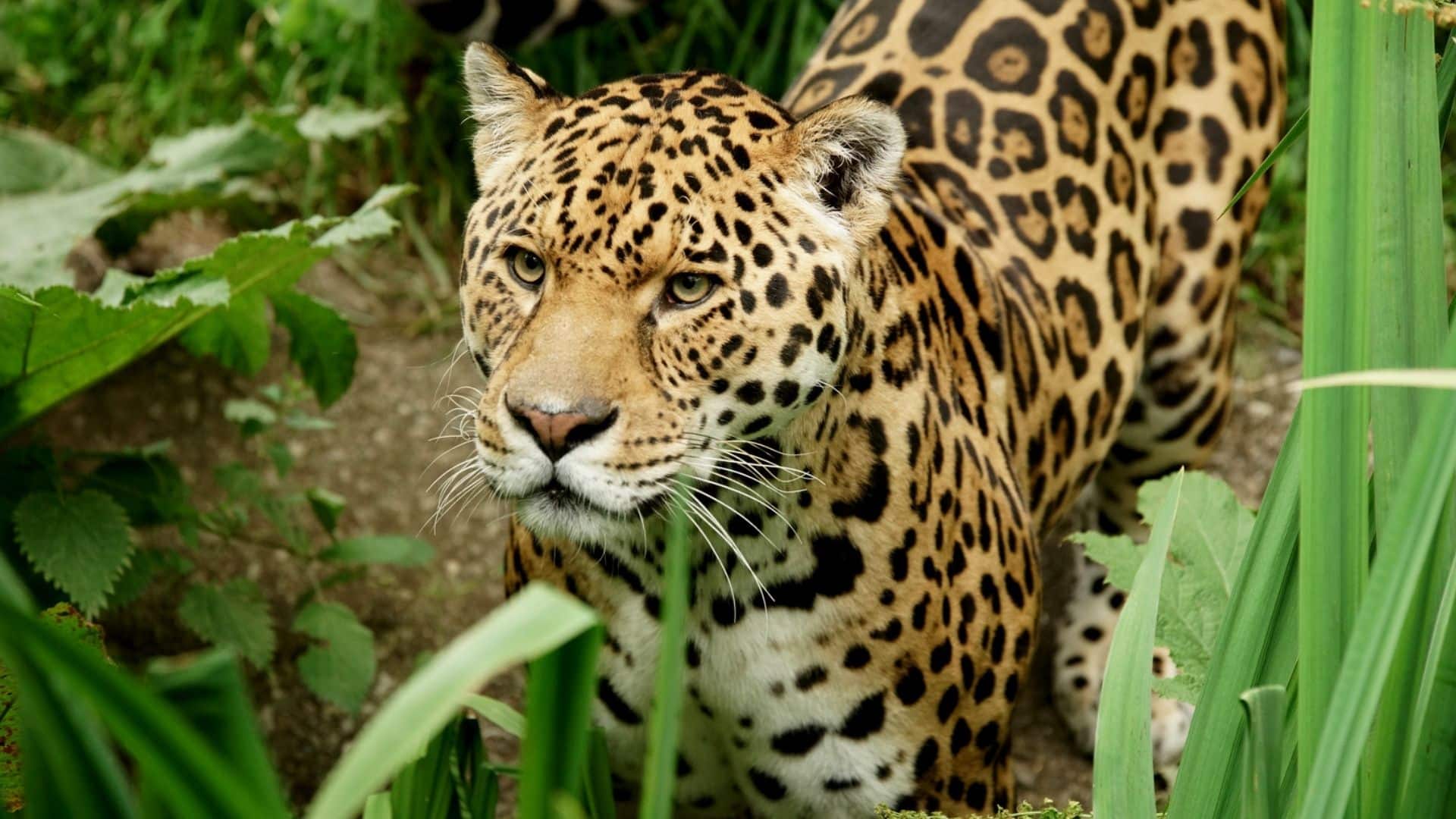
Conservation & research
Conservation and Research
Here are Dartmoor Zoo we are working to conserve threatened species, support ex-situ and in-situ research and enable people to help wildlife thrive. We financially support charities work on the ground, as well as being part of captive breeding programmes to ensure the survival of threatened species. We also have many initiatives for our site to be as sustainable as possible.
We have a busy and active research department which is dedicated to supporting and conducting research that helps improve our knowledge of animals and improve captive animal welfare. Research is a key objective for Dartmoor Zoo and is highlighted by BIAZA as a major aim of the modern zoo.

Conservation
Dartmoor Zoo is a charity devoted to the worldwide conservation of animals and their habitats.

Research
Meet the team, the research projects we are conducting and how to apply to conduct research with us.

Sustainability
Read our environmental statement.